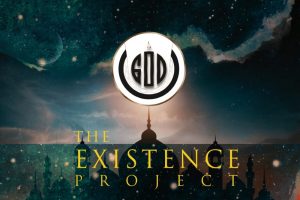
Hazrat Mirza Ghulam Ahmad(as)
It ought to be known that the God of Islam is not an indecipherable being, in whom one can believe only when one discards one’s intellect or for whose existence the book of nature does not furnish any proof. In fact, the extensive pages of nature’s law contain signs so abundant that they clearly demonstrate that God exists. Each and every creation of this universe is like a symbol and signpost, erected at the start of a street or alley, in order to provide information about the name of a certain road, locality or city, guiding a person towards God. Moreover, these signposts not only inform us that this Ever-Present Being exists, but also provide evidence that satisfies the hearts of people. The testimonies of heaven and earth do not support the existence of some artificial or fictitious God. On the contrary, the God that Islam presents is Living and Self-Sustaining; He is one and without a partner; He begets not, nor is He begotten.
Hence, Reverend Pfander, who was among the first in India to engage in religious debates and level criticism against Islam, raises the question himself in his book Mizan-ul-Haqq that if there was an island where the doctrine of trinity had not been conveyed, would the inhabitants of such a place be called to account on the Day of Judgement in accordance with the doctrine of trinity? He then proceeds to provide an answer himself and states that such people would be questioned in light of belief in the unity of God. So one may deduce from this that if the imprint of God’s unity was not found to exist in every aspect of this universe and if the trinity was not a false and unnatural doctrine, why would people be judged in accordance with belief in the unity of God? [1]
End Note
- Hazrat Mirza Ghulam Ahmad(as), Malfuzat – Volume 1 (Tilford, Surrey: Islam International Publications, 2018), 61-62.








Add Comment